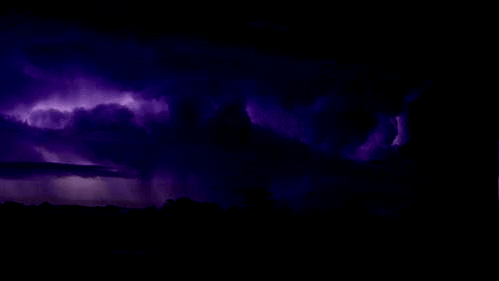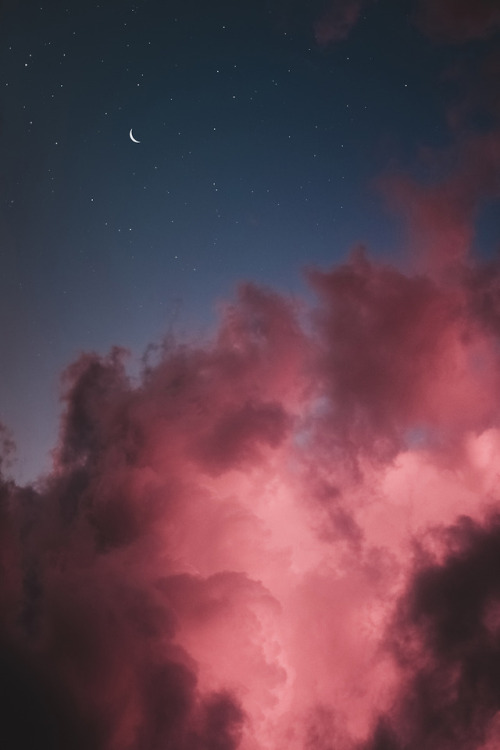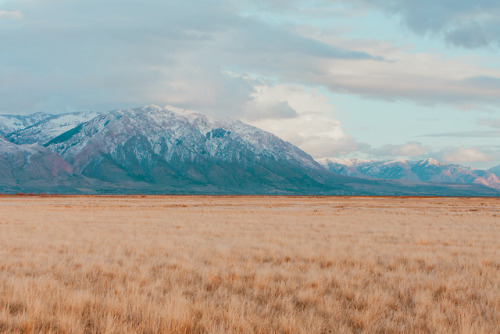–

–
More Posts from Antedeus and Others

Monte Fitz Roy, Argentina | Photographer: Vicki Mar

Blue Pool Bay, Gower | by Liam Tandy







Interacting galaxy
Interacting galaxies (colliding galaxies) are galaxies whose gravitational fields result in a disturbance of one another. An example of a minor interaction is a satellite galaxy’s disturbing the primary galaxy’s spiral arms. An example of a major interaction is a galactic collision, which may lead to a galaxy merger.
A giant galaxy interacting with its satellites is common. A satellite’s gravity could attract one of the primary’s spiral arms, or the secondary satellite’s path could coincide with the position of the primary satellite’s and so would dive into the primary galaxy (the Sagittarius Dwarf Elliptical Galaxy into the Milky Way being an example of the latter). That can possibly trigger a small amount of star formation. Such orphaned clusters of stars were sometimes referred to as “blue blobs” before they were recognized as stars.
Colliding galaxies are common during galaxy evolution. The extremely tenuous distribution of matter in galaxies means these are not collisions in the traditional sense of the word, but rather gravitational interactions.
Colliding may lead to merging if two galaxies collide and do not have enough momentum to continue traveling after the collision. In that case, they fall back into each other and eventually merge into one galaxy after many passes through each other. If one of the colliding galaxies is much larger than the other, it will remain largely intact after the merger. The larger galaxy will look much the same, while the smaller galaxy will be stripped apart and become part of the larger galaxy. When galaxies pass through each other, unlike during mergers, they largely retain their material and shape after the pass.

Galactic collisions are now frequently simulated on computers, which use realistic physics principles, including the simulation of gravitational forces, gas dissipation phenomena, star formation, and feedback. Dynamical friction slows the relative motion galaxy pairs, which may possibly merge at some point, according to the initial relative energy of the orbits.
Astronomers have estimated the Milky Way galaxy, will collide with the Andromeda galaxy in about 4.5 billion years. It is thought that the two spiral galaxies will eventually merge to become an elliptical galaxy or perhaps a large disk galaxy.
Source
Image credit: NASA/ESA & Hubble (procesed by: Steve Byrne & Judy Schmidt)
Animation










20 Gorgeous Hubble Photos That Showcase The Universe’s Beauty
“Galaxy clusters: The most massive bound structures in the Universe, these contain anywhere from a handful up to thousands of Milky Way-sized galaxies. From incredibly deep views in space to bent light by their gravity, to individual galaxies speeding through them, Hubble offers views like no other.”
It might be Christmas day here on Earth, but thanks to the Hubble Space Telescope, these views of the distant Universe are ours to treasure for all-time. The individual stars in our sky all have a glorious origin story, and will all someday die in their own spectacular fashion. These stars are formed in the most incredible nebulae, where gas races to collapse while the surrounding environs work to evaporate it away. All of this takes place inside individual galaxies, which themselves can clump and cluster together in the most massive structures the Universe has ever seen. Because of Hubble, we get to view them all.
Come explore these 20 gorgeous photos, courtesy of Hubble, that show us the Universe as we’ve never seen it before!


Rho Ophiuchi Cloud Complex Found here

forces of nature … | uwhe-arts











more on my instagram @matialonsor



-
 cosmotelluriantarot reblogged this · 2 months ago
cosmotelluriantarot reblogged this · 2 months ago -
 mortallydangerousfox2 liked this · 4 months ago
mortallydangerousfox2 liked this · 4 months ago -
 juantanas liked this · 7 months ago
juantanas liked this · 7 months ago -
 spy-flair-extraordinaire liked this · 11 months ago
spy-flair-extraordinaire liked this · 11 months ago -
 flavorsims liked this · 1 year ago
flavorsims liked this · 1 year ago -
 tomohirosibuyahappyanimals liked this · 1 year ago
tomohirosibuyahappyanimals liked this · 1 year ago -
 gnomestyle liked this · 1 year ago
gnomestyle liked this · 1 year ago -
 rhymingwithpurple reblogged this · 1 year ago
rhymingwithpurple reblogged this · 1 year ago -
 rhymingwithpurple liked this · 1 year ago
rhymingwithpurple liked this · 1 year ago -
 purplealbumoftheday reblogged this · 1 year ago
purplealbumoftheday reblogged this · 1 year ago -
 violetvapours reblogged this · 1 year ago
violetvapours reblogged this · 1 year ago -
 shit-fxck-damn reblogged this · 1 year ago
shit-fxck-damn reblogged this · 1 year ago -
 etherealjanuary liked this · 1 year ago
etherealjanuary liked this · 1 year ago -
 omar-sandoval-things-blog liked this · 1 year ago
omar-sandoval-things-blog liked this · 1 year ago -
 jovianghost liked this · 2 years ago
jovianghost liked this · 2 years ago -
 heyitswil liked this · 2 years ago
heyitswil liked this · 2 years ago -
 marinavampire reblogged this · 2 years ago
marinavampire reblogged this · 2 years ago -
 marinavampire liked this · 2 years ago
marinavampire liked this · 2 years ago -
 grungiee liked this · 2 years ago
grungiee liked this · 2 years ago -
 luv-photo liked this · 2 years ago
luv-photo liked this · 2 years ago -
 ladymarinamart liked this · 2 years ago
ladymarinamart liked this · 2 years ago -
 weirdofreakish liked this · 2 years ago
weirdofreakish liked this · 2 years ago -
 crazydayz reblogged this · 2 years ago
crazydayz reblogged this · 2 years ago -
 crazydayz liked this · 2 years ago
crazydayz liked this · 2 years ago -
 gloria-glitter liked this · 2 years ago
gloria-glitter liked this · 2 years ago -
 louwitcher reblogged this · 2 years ago
louwitcher reblogged this · 2 years ago -
 louwitcher liked this · 2 years ago
louwitcher liked this · 2 years ago -
 artemis-potnia-theron reblogged this · 2 years ago
artemis-potnia-theron reblogged this · 2 years ago -
 artemis-potnia-theron liked this · 2 years ago
artemis-potnia-theron liked this · 2 years ago -
 lobo-gris-ss liked this · 2 years ago
lobo-gris-ss liked this · 2 years ago -
 lillyli-74 liked this · 2 years ago
lillyli-74 liked this · 2 years ago -
 marrowbites liked this · 2 years ago
marrowbites liked this · 2 years ago -
 tyliknife20 liked this · 2 years ago
tyliknife20 liked this · 2 years ago -
 kik76-sex-43dyu liked this · 2 years ago
kik76-sex-43dyu liked this · 2 years ago -
 nat-first-account liked this · 2 years ago
nat-first-account liked this · 2 years ago -
 hixlike liked this · 2 years ago
hixlike liked this · 2 years ago